When you think of loose parts, do you ever consider light up resources?
Small, inexpensive, battery operated torches, touch lights, string lights?
The Thrive Outdoors Loose Parts Play Toolkit explains the origin and theory of loose parts, making reference to Simon Nicholson’s research from 1971; The Theory of Loose Parts: How NOT to Cheat Children.
Nicholson believed moveable materials that can be constructed and taken apart, create limitless possibilities for creativity, central to loose parts explorations.
He described loose parts as ‘variables’ and provided examples such as materials and shapes; smells and other physical phenomena, such as electricity, magnetism and gravity; media such as gases and fluids; sounds, music, motion; chemical interactions, cooking and fire; and other humans, and animals, plants, words, concepts and ideas. With all these things all children love to play, experiment, discover and invent and have fun.
The ideas of variables become tangible outdoors and indoors, in both natural and artificial light. Nicholson shares the dynamic interaction between children and the loose parts, the landscape, elements, and seasons, fosters a constantly evolving and growing play environment.
In his theory, Nicholson illustrated also variables as naturally occurring and disappearing phenomena like water, ice, snow, shadows, cobwebs, dappled light and rainbows.
Related reading:
Blog post by TTS – Importance of Light and Shadow Play in the early years.
In this TTS article, you can read about the benefits of light and shadow play. Through this intrinsically motivating force, children develop spatial awareness and actively learn about shapes, sizes, and dimensions, cause and effect and the wonder of experimenting with moving objects in front of a light source to change the shadow it creates.
Importance of Light and Shadow Play in the early years
Blog post by TTS – Bringing joy through light By Ben Kingston-Hughes.
In this second TTS article, the author Ben Kingston-Hughes describes how light can bring unique moments of joy and explains how we respond and pay more attention to things that fascinate us.
Kingston-Hughes illustrates that through shadow explorations, children being to recognise that shadows are bigger the nearer to the light source, and how innately mathematical and simple shadow play with children can help embed complex scientific concepts, whilst providing them with joyful explorations.
The value of sensory play to developing brains cannot be overestimated and our early explorations with light and shadow are a wonderful way to embed sensory play into our settings.
Bringing Joy Through Light
Book – Exploring Natural Connections with light reflection and shadow Halton, Treveon, Buchan.
After chatting to Niki Buchan at a recent practitioner festival about the power of light in children’s scientific investigations, I was very much inspired to purchase a copy of this book she co-authored, to deepen my understanding of the interplay of light and materials and to to learn how children explore light interacting with different objects.
You can read accounts of many different experiences, (clearly illustrated with photographs), where children are learning about concepts of light, reflection and shadow, transparencies and translucency. The book also highlights the affordances of light tables and light boxes, which in turn can create various visual and stimulating sensory experiences. It also shows how bringing digital and non-digital resources together, to explore how they connect and interact, is both an inviting and intriguing experience. Children can literally be immersed in their own explorations and investigation.
Natural Learning Educational Consultancy
Additional related links:
Please feel free to share your thoughts on this topic via this Microsoft Form
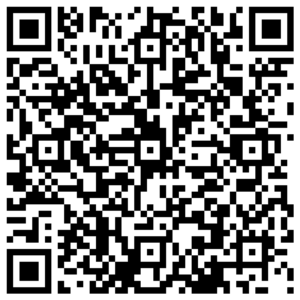





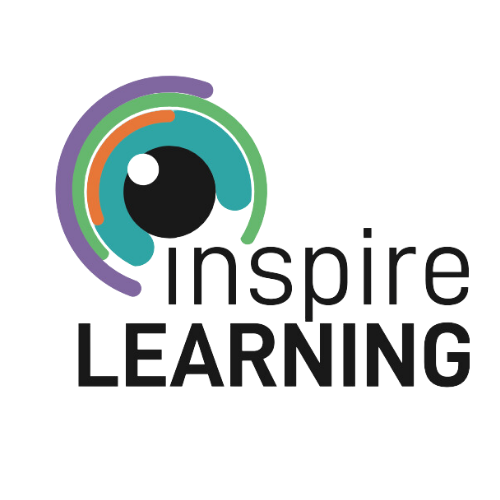
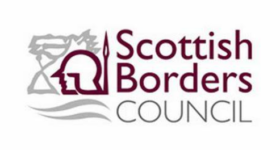
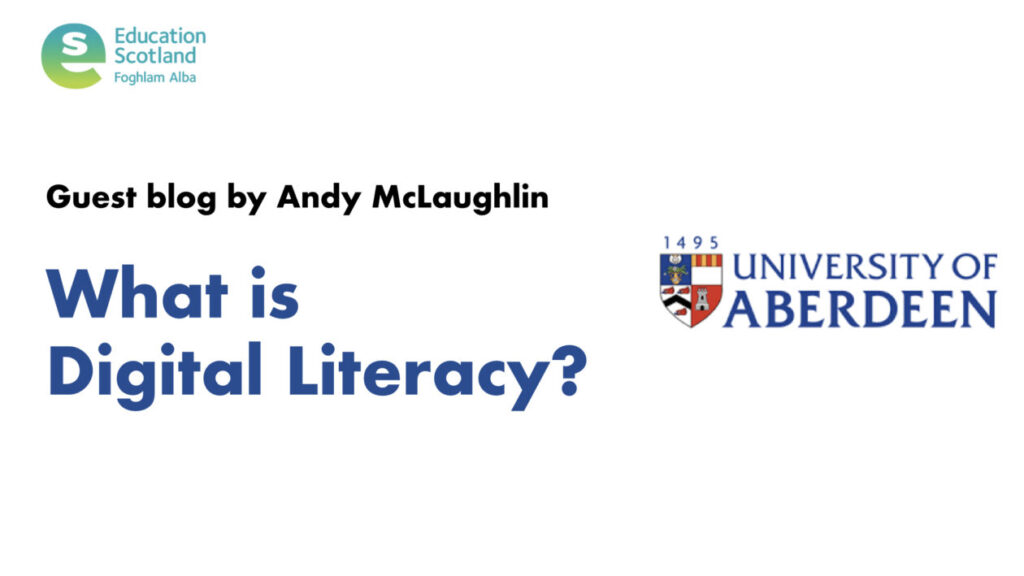
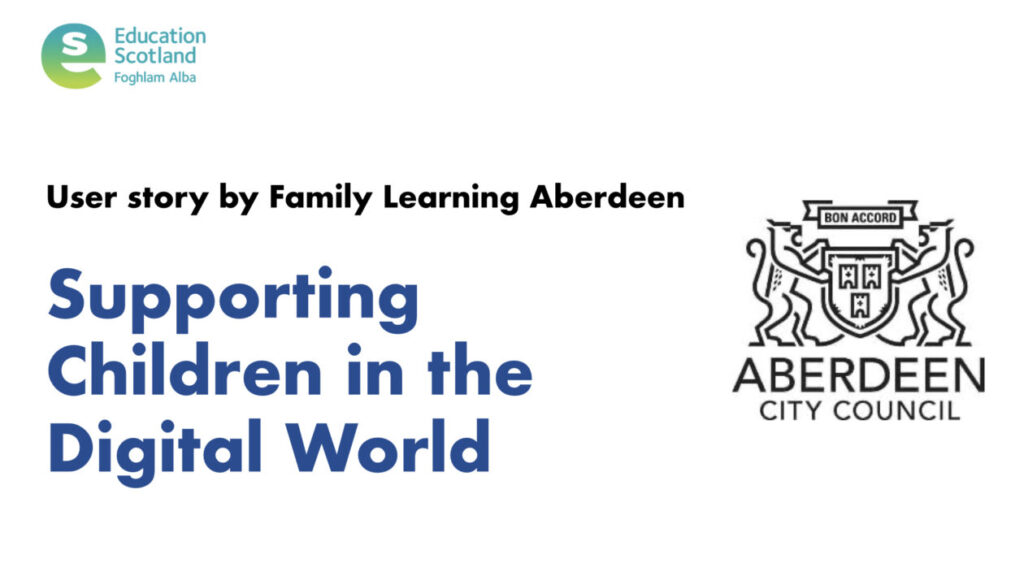
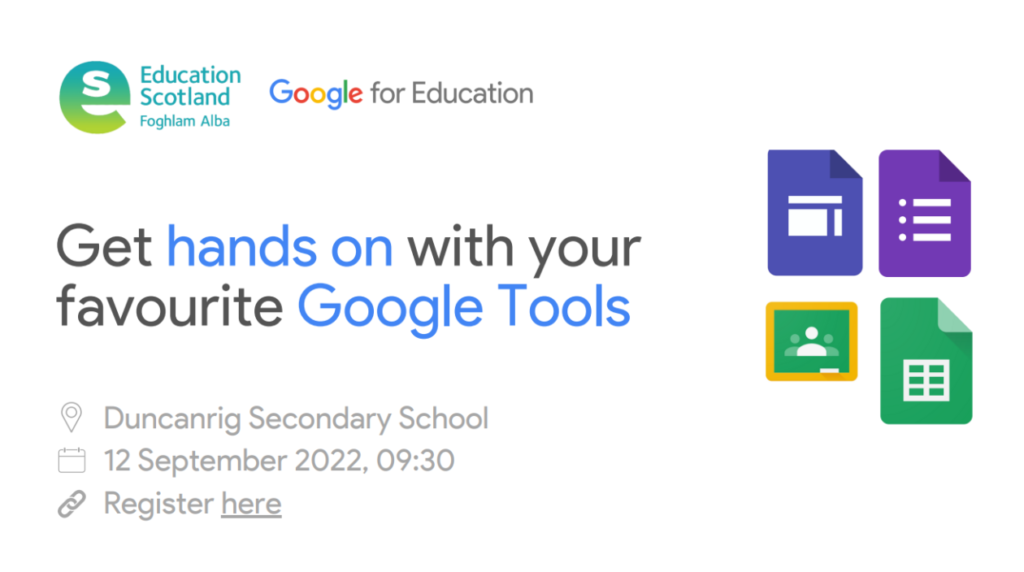
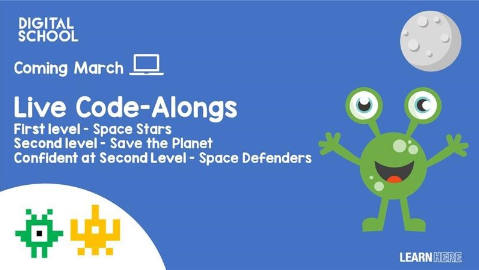
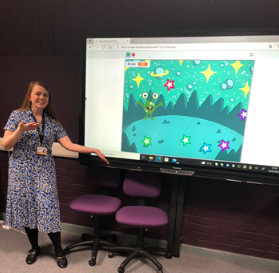
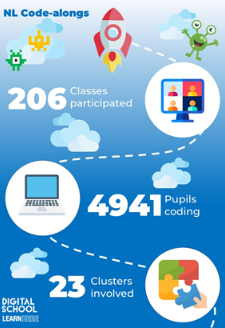
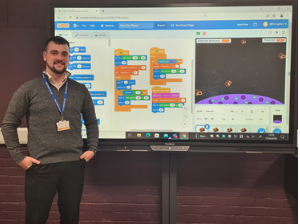
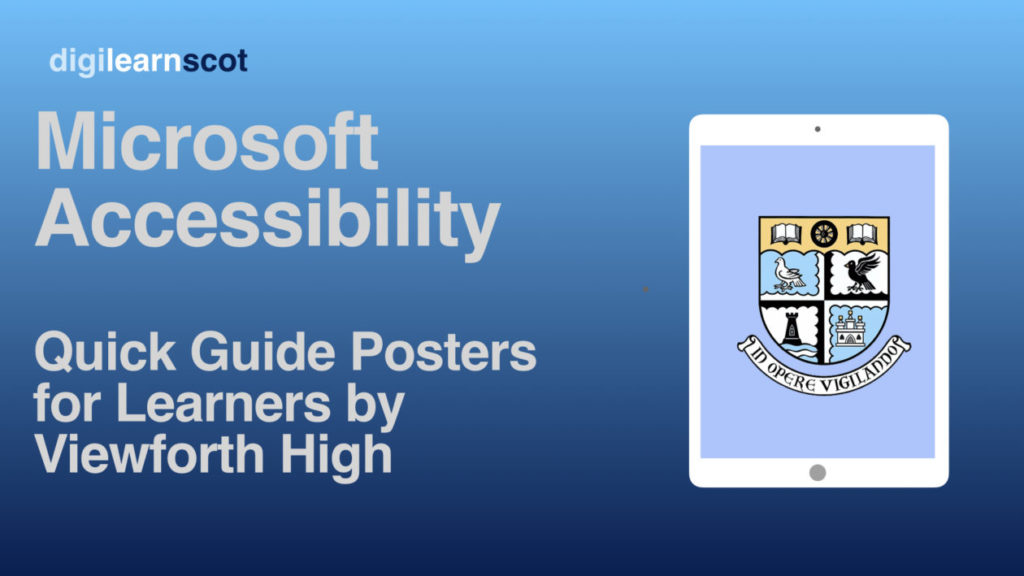
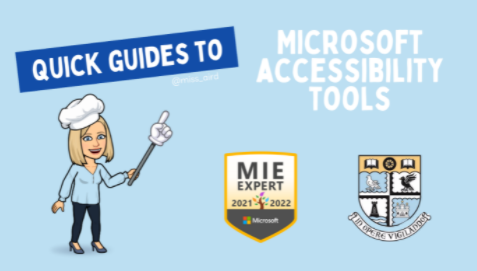





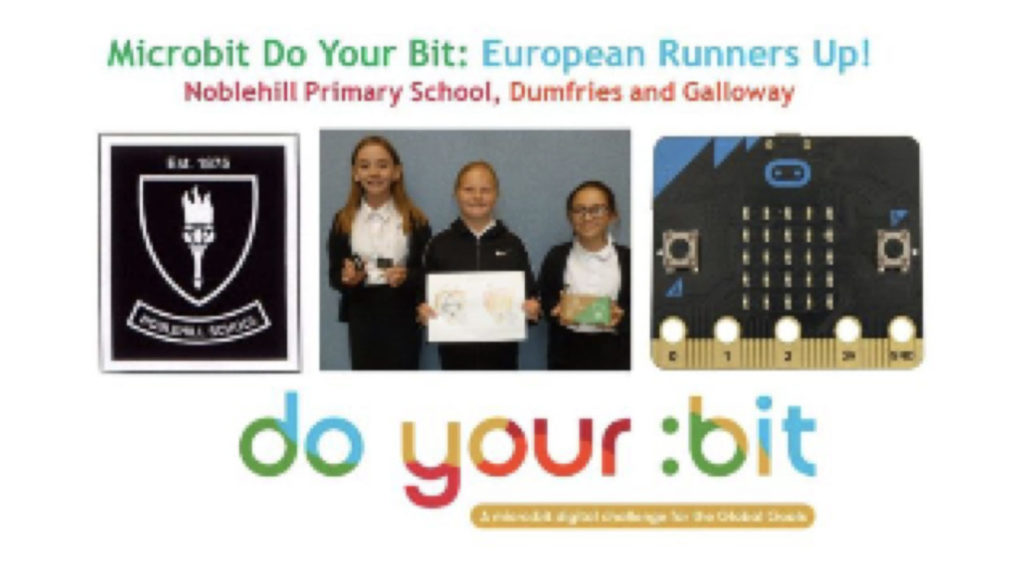
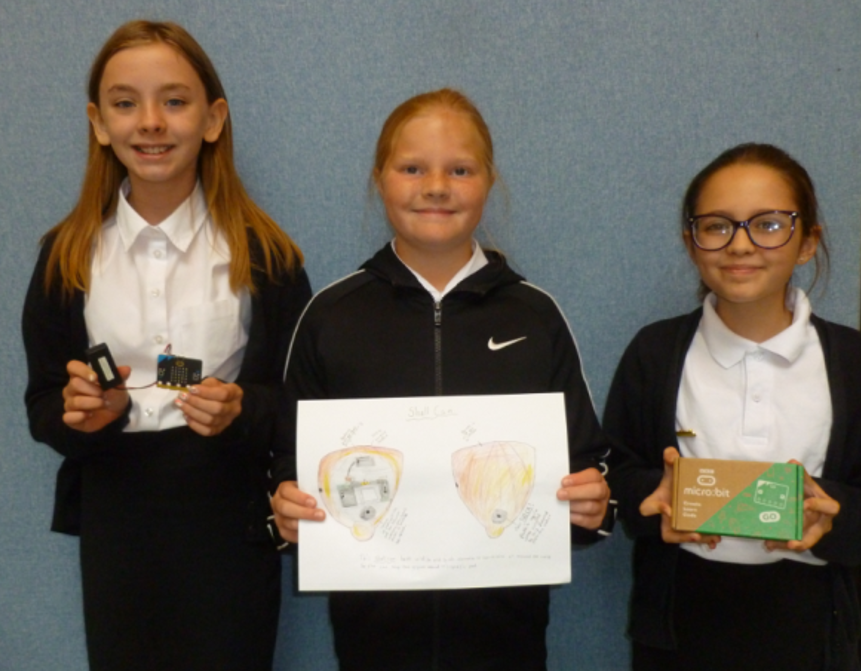


You must be logged in to post a comment.